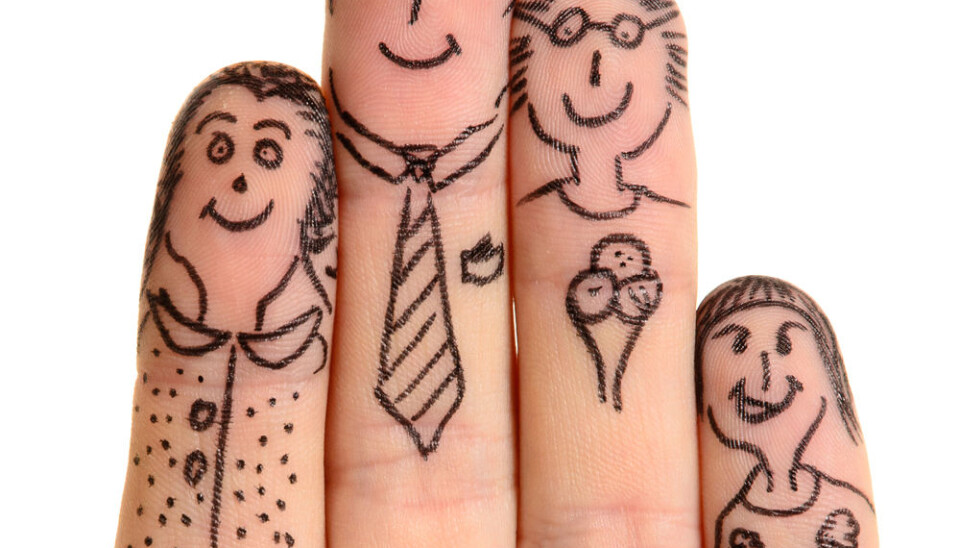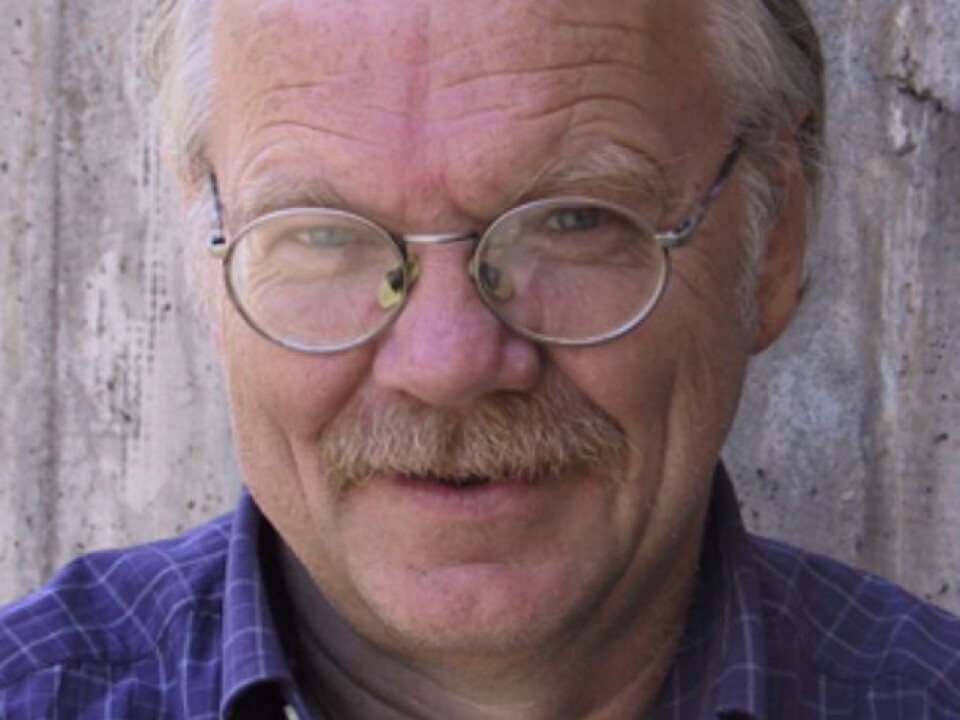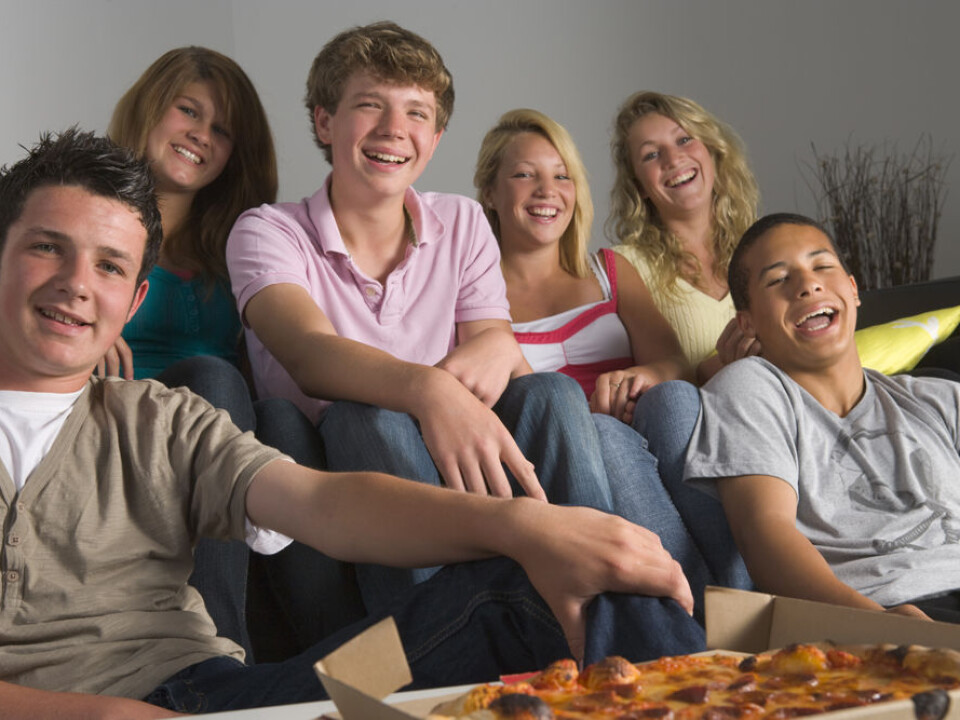An article from NOVA - Norwegian Social Research

Still a difference in opinion on gender equality
Most young people in the Nordic countries support gender equality, but there are still quite a few who believe that the man should be the head of the family.
Denne artikkelen er over ti år gammel og kan inneholde utdatert informasjon.
Researcher Tormod Øia has studied how youths view the issue of gender equality. In his comparative Nordic Youth Study, he has collected data from 14,000 high school students.
The study shows that almost every Nordic young man and woman believes in equal rights.
More than 90 percent of the female participants in the study share this view. For the male participants it is right under 90 percent.
There are, however, differences between the Nordic countries. In Norway, 91 percent of young men and 97 percent of young women support gender equality, while on the Faroe Islands only 60 percent of young men believe in equality between sexes.
Should men still head the household?

But on certain issues the young Nordic people are more conservative. Tormod Øia, a researcher at NOVA Norwegian Social Research Institute, asked the students if they agreed with the statement that the husband should be the head of the household.
A significant number, some 30 percent, of the Nordic youths believe that the man should head the family. But here, too, Øia found differences between the countries.
In Finland, 65 percent of male youths believe that the husband is the head of the household, while in Norway 44 percent of young men and only 18 percent of young women shared those beliefs.
Danish youths most positive about gender equality
Data from Øia’s study show that Danish youths display the strongest support for equal rights among men and women, while young people in Finland, Greenland and Faroe Islands are less likely to support the idea of gender equality.

In all the Nordic countries, young women are more in favour of gender equality than young men.
Parent influence
There is a weak tendency to the effect that youths with highly educated parents are more likely to favour gender equality. The boys’ views on gender equality are influenced by whether or not the mother is working outside the home.
Øia points out that young people with immigrant backgrounds are less likely to endorse equal gender rights. This is particularly true of the first-generation immigrants. There is no significant difference between the second generation immigrants and the rest of the young population in their views on gender equality.
School, education and future plans
For boys and girls alike, there is a significant correlation between a person's degree of educational ambitions and their view on gender equality. Those who plan to get a higher education are more likely to value gender equality, while those who plan to begin to work early would not value gender equality as much. The data also suggests that young people who do not thrive at school are not strongly in favour of gender equality.
Leisure time activities and alcohol use
There is no clear connection between having organised leisure time activities and views on gender equality for either groups of male or female youths. But girls who believe more strongly in man-woman equality spend more time in pubs and night clubs and drink more alcohol. There is no parallel for the boys here: male youths who frequently go out drinking are less likely to be pro gender equality.
Normal for the girls, radical for the boys
In the study, the subjects were surveyed about politics and communal issues. The results indicated that female youths are more strongly engaged in issues of collective goals and conservation of natural resources. Males are more preoccupied with individual liberties.
Male respondents are also more sceptical towards immigration. This opposition to immigrants for young males pairs well with their view on gender equality: the more they are against immigration, the more they are against equal rights for men and women.
For the females, a stronger belief in gender equality was not, as it seemed to be before, tightly connected with left-wing radicalism.
However, the study highlights a significant element of political radicalism in the views of the male respondents on gender equality: the males who are more pro gender equality are also those who are more radical in their political views.






























